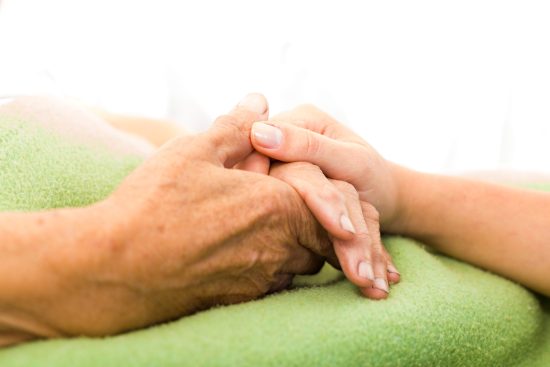Caring for a loved one who is ill, disabled, or elderly can be an incredibly rewarding experience. However, it can also bring about feelings of guilt, which is a common emotion among caregivers. Caregiver guilt often arises from the belief that we are not doing enough or providing the best possible care for our loved ones. It can be a heavy burden to carry, but there are ways to cope with and overcome this guilt. In this article, we will explore some effective strategies to help caregivers manage and alleviate caregiver guilt.
- Acknowledge and Validate Your Feelings: The first step in coping with caregiver guilt is to acknowledge and accept your feelings. It’s important to recognize that guilt is a normal emotion and that you’re not alone in experiencing it. Give yourself permission to feel guilty, but also remind yourself that you are doing the best you can under challenging circumstances.
- Educate Yourself: One way to alleviate caregiver guilt is to educate yourself about the condition or illness your loved one is facing. Understanding the limitations and challenges associated with their condition can help you realize that you are not solely responsible for their well-being. It can also give you a sense of empowerment and enable you to make more informed decisions about their care.
- Seek Support: Caregiving can be isolating, but you don’t have to face it alone. Reach out to support groups, online forums, or friends who are going through similar experiences. Sharing your feelings and concerns with others who understand can provide a sense of relief and reassurance. It’s important to remember that you are not failing as a caregiver just because you experience guilt.
- Practice Self-Care: Caregivers often neglect their own well-being while focusing on their loved ones. However, self-care is crucial for maintaining your physical and mental health. Set aside time each day for activities that bring you joy and relaxation, whether it’s reading a book, going for a walk, or practicing meditation. Taking care of yourself allows you to be a better caregiver and reduces feelings of guilt.
- Establish Boundaries: Caregivers tend to take on too much and have difficulty saying no. It’s important to establish boundaries and prioritize your own needs. Remember that you have limitations and it’s okay to ask for help or delegate certain tasks to others. Setting realistic expectations and boundaries can help alleviate guilt associated with feeling like you’re not doing enough.
- Celebrate Small Victories: Caregiving can be a challenging and thankless job, but it’s important to recognize and celebrate the small victories along the way. Whether it’s a good day without any major health issues or a positive interaction with your loved one, take the time to acknowledge and appreciate these moments. Focusing on the positive aspects of caregiving can help counteract feelings of guilt.
- Practice Mindfulness: Mindfulness is a powerful tool for managing caregiver guilt. By staying present in the moment and practicing self-compassion, you can reduce the tendency to dwell on past mistakes or worry excessively about the future. Mindfulness techniques such as deep breathing exercises, meditation, and journaling can help you find peace and acceptance in your role as a caregiver.
- Seek Professional Help: If caregiver guilt becomes overwhelming and starts to impact your daily life, don’t hesitate to seek professional help. A therapist or counselor can provide valuable guidance and support in navigating the complex emotions associated with caregiving. They can help you develop coping strategies and provide a safe space to process your feelings.
Coping with caregiver guilt is a journey that requires patience and self-compassion. Remember that you are doing the best you can in a challenging role. By acknowledging your feelings, seeking support, and practicing self-care, you can alleviate the burden of guilt. It is also important that you chose a senior provider who you feel confident with the care of your loved one, like Majestic Residences.

